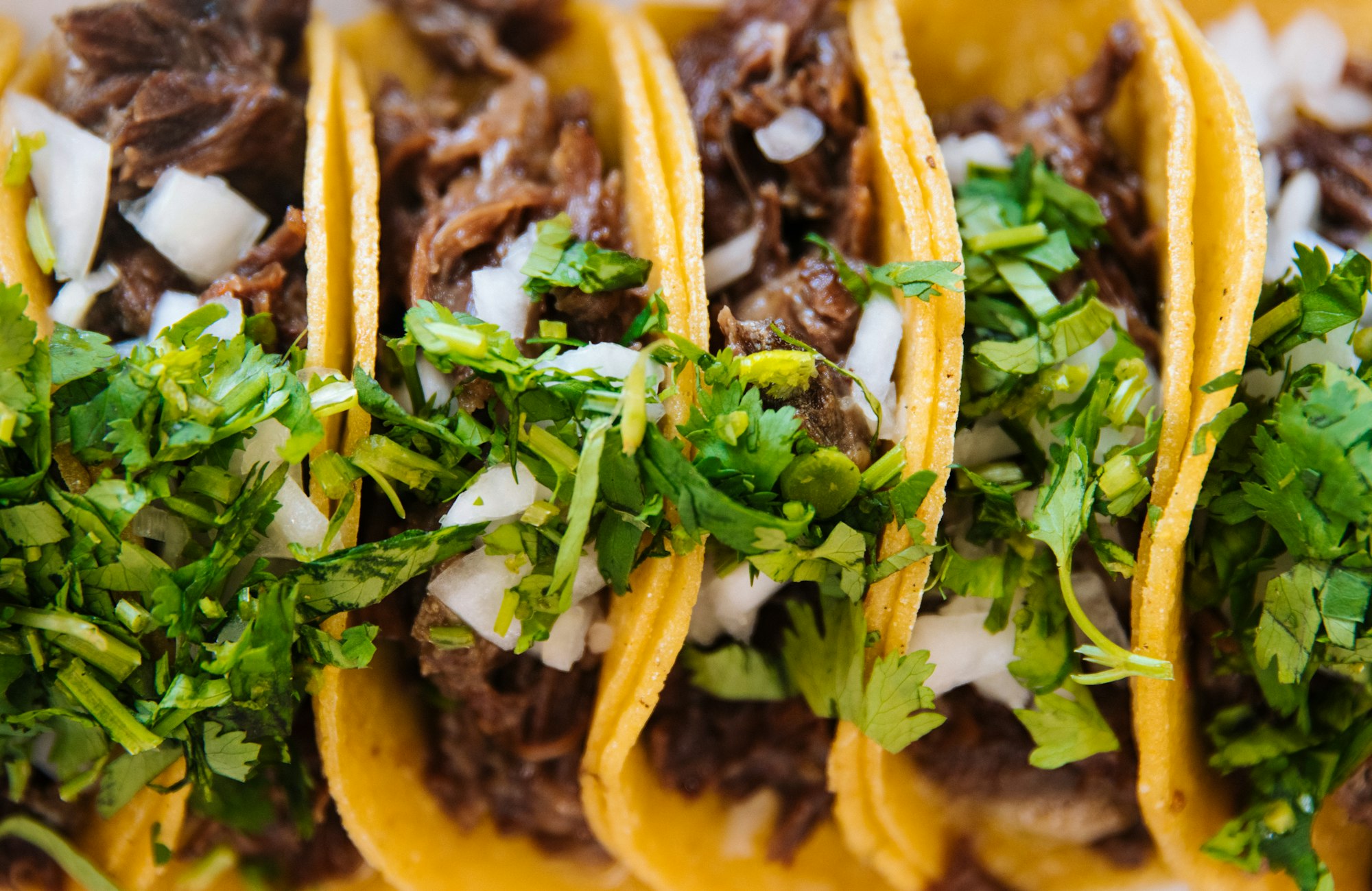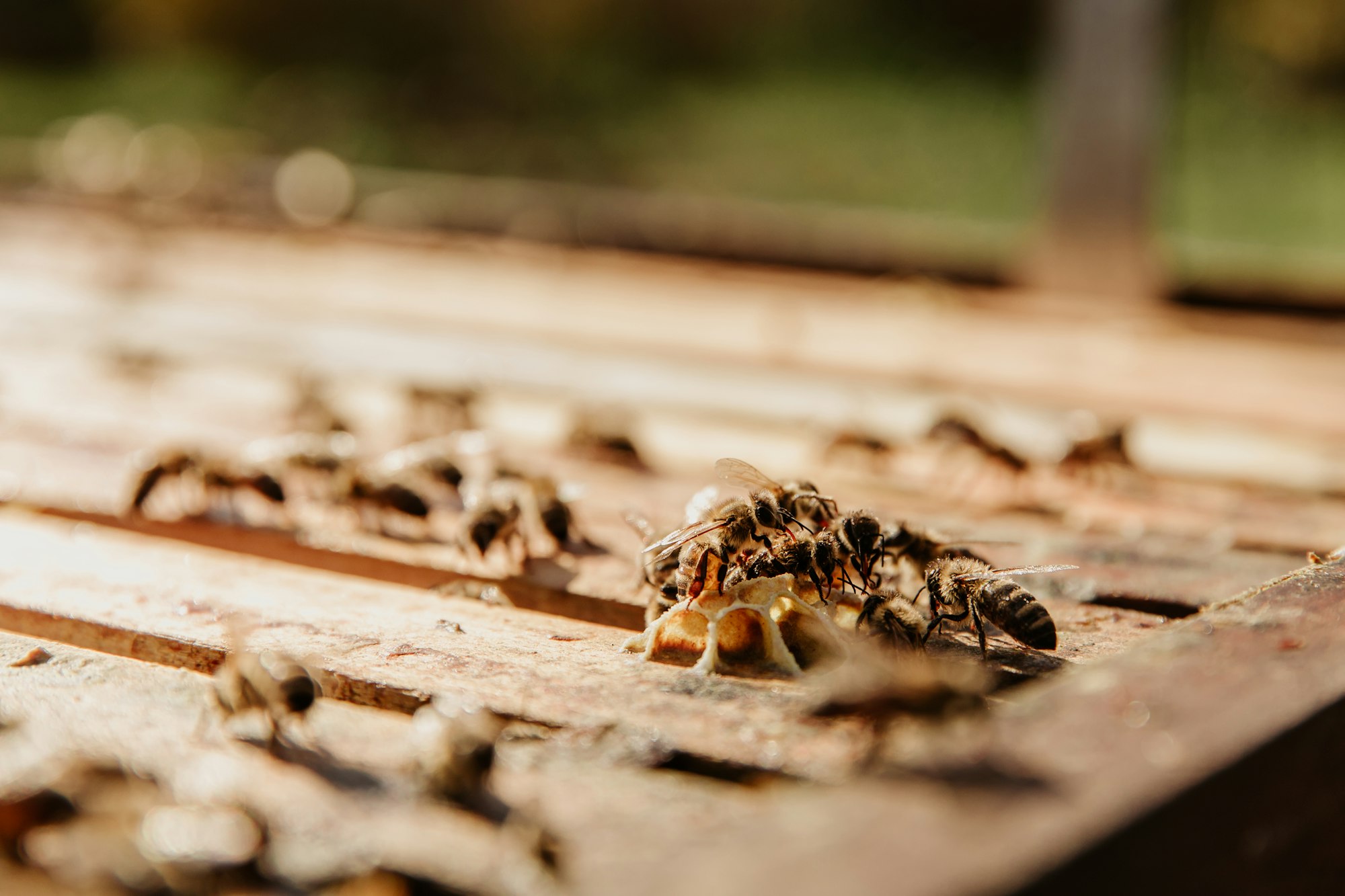It’s no secret that insects have been part of the human diet for centuries. It is estimated that over two billion people around the world regularly eat bugs. From crickets to beetles to grasshoppers, insects are a source of protein and nutrition that have been overlooked in the Western world. In recent years, however, there has been a surge of interest in the health benefits of eating bugs.
In this blog, I will explore the benefits of eating bugs, from a nutritional and health standpoint. I will also provide some insight into what kinds of insects can be eaten, how to prepare them safely, and how different cultures around the world incorporate insects into their diet. So let’s dive in and find out more about the potential benefits of eating bugs!
Introduction to Eating Bugs
Eating bugs, or entomophagy, is the practice of consuming insects as food. It is estimated that around two billion people around the world regularly consume insects as part of their regular diet. Although it is not widely practiced in the western world, it is a common practice in many parts of the world, including Africa, Asia, and Latin America.
In recent years, entomophagy has been gaining more attention in the western world due to its potential health benefits. This has led to an increase in the availability of edible insects, such as crickets, mealworms, and beetles, in stores and online.
Nutritional Benefits of Eating Bugs
One of the main reasons why people are turning to eat bugs is for their nutritional benefits. Insects are a good source of protein, with most containing around 25-60% of their dry weight in protein. This makes them a great alternative to animal protein, and they are also a rich source of essential amino acids.
Insects are also high in other essential nutrients, such as iron, zinc, magnesium, and vitamins B12 and B6. They are also high in fiber, which helps to keep you feeling full for longer.
Health Benefits of Eating Bugs
In addition to their nutritional benefits, there are also several potential health benefits associated with eating bugs. For example, eating insects has been linked to a lower risk of heart disease, stroke, and type 2 diabetes. This is likely due to the high fiber content of insects, as well as their low saturated fat and cholesterol levels.
In addition, eating insects has also been linked to improved gut health. This is due to the high levels of prebiotic fiber found in insects, which helps to promote the growth of beneficial bacteria in the gut.
* These statements have not been evaluated by the Food and Drug Administration.
What Kind of Insects Can You Eat?
There are a wide variety of edible insects that you can include in your diet. Some of the most popular include crickets, grasshoppers, mealworms, and beetles. However, many other insects can be eaten, including ants, caterpillars, wasps, and even some species of bees.
When it comes to buying insects for eating, it is important to make sure that you are buying from a reputable source. This will ensure that the insects are safe for consumption and free from potential contaminants.

Insects as a Sustainable Food Source
In addition to their nutritional and health benefits, eating insects can also greatly reduce your environmental impact. This is because insects require less land and resources to produce than other animal proteins, such as beef and chicken.
Insects are also much more efficient at converting feed into edible protein. This means that they require much less feed than other animals, making them a much more sustainable and efficient source of protein.
Preparing Insects for Eating
Once you have sourced your insects, it is important to make sure that you prepare them properly for eating. This will help to ensure that there are no potential contaminants present.
The first step is to remove the wings, legs, and other hard parts from the insect. You can then either fry them in oil or bake them in the oven. This will help to remove any potential bacteria and parasites.
It is also important to make sure that you cook the insects thoroughly. This will ensure that any potential parasites or bacteria are killed before you eat them.
Different Ways to Eat Bugs
Now that you know how to prepare insects for eating, you may be wondering what to do with them. The good news is that there are several different ways that you can incorporate them into your diet.
For example, you can add them to salads or stir-fries, or you can grind them into a powder and add them to smoothies or energy bars. You can also fry them and add them to tacos or burgers, or you can even make insect-based snacks, such as cricket chips or mealworm muffins.

Are There Any Risks to Eating Bugs?
Despite the potential health and environmental benefits of eating bugs, there are a few potential risks that you should be aware of. For example, some people may be allergic to certain types of insects, so it is important to check with your doctor before eating them.
In addition, some insects may contain toxins, so it is important to ensure that you are sourcing your insects from reputable sources. This will ensure that the insects are safe for consumption and free from potential contaminants.
Bugs in the Diet of Different Cultures
In addition to the potential health and environmental benefits of eating bugs, it is also interesting to explore how different cultures around the world incorporate them into their diet. For example, in Mexico, grasshoppers are commonly eaten as a snack, and in Thailand, fried insects are a popular street food.

In Africa, termites are commonly eaten, and in China, bee larvae are a popular delicacy. In India, ants are often consumed as a source of protein, and in South America, ants and beetles are commonly used in traditional dishes.

In conclusion, there are many potential benefits to eating bugs. From a nutritional standpoint, insects are a great source of protein and essential nutrients, and from a health standpoint, they can help to reduce the risk of certain diseases.
Insects are also a great way to reduce your environmental impact, as they require fewer resources to produce than other animal proteins. Plus, there are some interesting and delicious ways to incorporate them into your diet.
So the next time you’re looking for a new source of protein, why not give eating bugs a try? You may be surprised at the potential health and environmental benefits you can gain.


